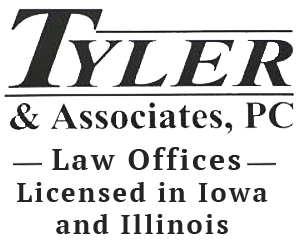Your workplace injury came as a shock, as most accidents do. Suddenly, your world came to a halt while you went through hospitalization, a long recovery and physical therapy to regain strength and mobility. Fortunately, workers’ compensation covered your medical bills and time off work. Nevertheless, your aim was to get back on your feet and back to your job as quickly as possible.
Perhaps you realized from the moment of the accident that your injuries would prevent you from returning to your previous job, or maybe it was the conclusion of your doctor after your treatment failed to return you to your former ability to function. Whatever the case, you may now be facing the challenge of finding a new line of work that your current limitations will allow you to perform.
Workers’ compensation offers rehabilitation
If you are an injured worker who is receiving workers’ compensation in Iowa, and you are unable to return to your previous job because of that injury, you likely qualify for some form of vocation rehabilitation through the workers’ compensation program. Unlike the kind of rehabilitation you had for your injuries, vocational rehabilitation helps you figure out what skills you have and how you can use them to find meaningful work to support your family. Rehabilitation may include any of the following benefits:
- Tests to analyze which of your skills can transfer to a new job
- Help with resume preparation, job seeking, application preparation and interview skills
- Assessment of the job market in your area and those careers with salaries comparable to your former job
- Evaluation of your ergonomic needs
- Tuition if you need further education or retraining for a different line of work
- On-the-job training
- Help with accommodations that the Americans with Disabilities Act requires your employer to make so you can perform your job successfully
If you feel you would benefit from vocational rehabilitation after your workplace accident, you may have questions about whether you qualify and how to make sure your employer’s insurer provides this opportunity. Additionally, you want to be certain rehabilitation does not interfere with other benefits. In some cases, refusing to accept occupational rehabilitation may result in the suspension of your workers’ compensation benefits. Seeking legal assistance at any time after your accident can improve the chances of obtaining the full benefits you need and deserve.

